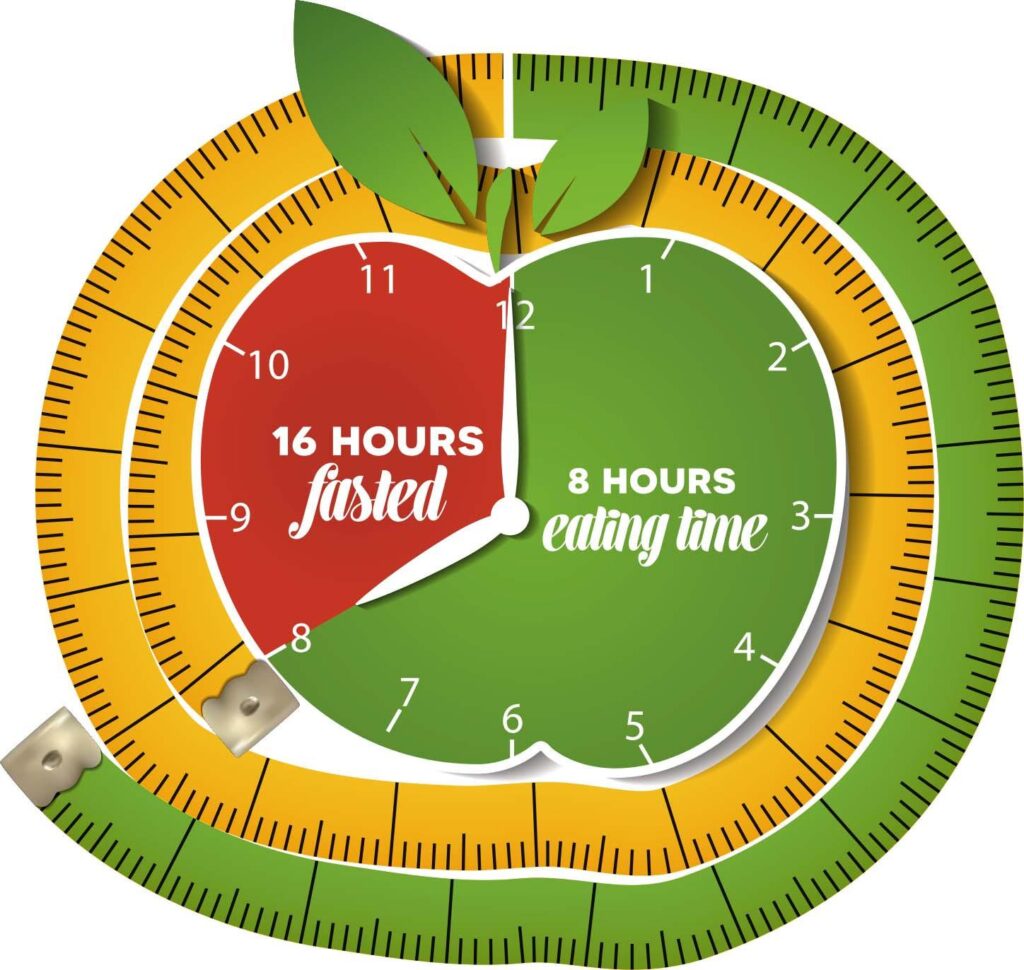In a world increasingly fascinated by the quest for longevity and optimal health, intermittent fasting has emerged as a compelling topic of discussion. While the age-old adage of “you are what you eat” holds considerable weight, emerging research suggests that when we eat might potentially be just as crucial as what we consume. As scientists delve deeper into the relationship between dietary patterns and biological aging, intermittent fasting has garnered attention for its potential to influence the aging process at a cellular level. This article explores the latest findings on how intermittent fasting may not only help in managing weight but also contribute to improved longevity and healthspan, offering a glimpse into the science behind fasting and its implications for aging gracefully. Join us as we navigate the complexities of this dietary practice and its promising effects, drawing insights from recent studies that could reshape our understanding of nutrition and aging.
Table of Contents
- Understanding the Science of Intermittent Fasting and Its Impact on Aging
- Key Benefits of Intermittent fasting: Insights from recent Studies
- Practical Guidelines for Implementing Intermittent Fasting for Longevity
- Potential Risks and Considerations: what You Need to Know Before Starting
- the Conclusion
Understanding the Science of Intermittent Fasting and Its Impact on Aging
Intermittent fasting (IF) has gained traction in the scientific community for its potential benefits on health and longevity. Recent studies highlight its ability to stimulate processes like autophagy, a cellular cleansing mechanism that removes damaged components and contributes to cellular health. This process is integral to aging, as the accumulation of damaged proteins and organelles can lead to various age-related diseases. Key mechanisms of IF that are being studied include:
- Enhanced metabolic adaptability
- Reduction in oxidative stress
- Improved insulin sensitivity
- Altered hormonal response that promotes fat burning
Moreover,researchers are uncovering how IF influences signaling pathways associated with longevity,such as those involving sirtuins and mTOR. These pathways play crucial roles in regulating cell growth, metabolism, and apoptosis. Preliminary findings suggest that not only can these adaptations slow down the aging process, but they may also mitigate conditions like cardiovascular diseases, diabetes, and neurodegeneration. As our understanding deepens, it becomes clear that intermittent fasting is not merely a dietary strategy, but a potential key to unlocking healthier aging.
Key Benefits of Intermittent Fasting: Insights from Recent Studies
Recent studies have shed light on intermittent fasting (IF) as a promising strategy for promoting health and longevity.Research indicates that this eating pattern can lead to enhanced metabolic health, reducing the risk of chronic conditions such as diabetes and heart disease. By restricting food intake to specific windows, individuals may experience improved insulin sensitivity, which aids in better blood sugar regulation. Furthermore, studies have highlighted that intermittent fasting may decrease inflammation levels, a known contributor to age-related diseases.
Another captivating finding is the potential of intermittent fasting to activate cellular repair processes and autophagy, a vital mechanism for cleaning out damaged cells. This process not only promotes longevity but also supports better physical and cognitive health as we age. Some studies suggest that intermittent fasting may even enhance brain function, reducing the risk of neurodegenerative diseases. As researchers continue to explore the relationship between intermittent fasting and aging, the compelling evidence encourages many to consider this approach as a pathway to improved health and vitality over the long term.
Practical Guidelines for Implementing Intermittent Fasting for Longevity
Successfully incorporating intermittent fasting into your lifestyle requires a blend of planning and mindfulness. Start with a fasting window that suits your daily routine; popular patterns include the 16/8 method, where you fast for 16 hours and eat within an 8-hour window. keep your first meals during the eating period balanced and nutrient-dense, focusing on:
- Whole foods such as lean proteins, healthy fats, and a variety of fruits and vegetables
- Hydration, opting for water, herbal teas, or black coffee during fasting hours
- Portion control to avoid overeating once the fasting period ends
To further support longevity and the benefits of intermittent fasting, listen to your body and adjust your fasting schedule as needed. It’s essential to monitor how you feel and make note of your energy levels, hunger signals, and overall mood. Strategies that can enhance your fasting experience include:
- Staying active with low-intensity workouts to boost mood and enhance fat oxidation
- Practicing mindful eating during your feeding hours to cultivate a healthier relationship with food
- Prioritizing quality sleep to facilitate better recovery and metabolic health
Potential Risks and Considerations: What You Need to Know Before Starting
While intermittent fasting shows promising benefits for aging and overall health, it is essential to approach this dietary strategy with caution.First and foremost,individual variability plays a notable role in how fasting can affect different people. factors such as age, sex, existing health conditions, and lifestyle can influence how effectively one adapts to intermittent fasting. Individuals with diabetes, eating disorders, or those who are pregnant or breastfeeding should consult healthcare professionals before embarking on this journey.Additionally, the psychological aspect of fasting should not be overlooked; some might find the structure too restrictive, leading to unhealthy eating behaviors outside of eating windows.
Moreover, while fasting can lead to metabolic benefits, it may also bring about nutritional deficiencies if not carefully planned. Long periods without nourishment could lead to a lack of essential vitamins and minerals necesary for well-being, particularly for older adults who often have heightened nutritional needs. Potential side effects like fatigue, irritability, and difficulty concentrating can also emerge, especially during the initial adjustment phase. Those considering intermittent fasting must weigh these factors and develop a tailored approach to ensure a balanced diet while adhering to their fasting schedule, keeping health and longevity at the forefront of their decisions.
The Conclusion
the emerging research on intermittent fasting offers promising insights into its potential role in promoting healthy aging. As we navigate the complexities of our health and wellness choices, understanding the science behind these dietary strategies can empower us to make informed decisions. While intermittent fasting may not be a one-size-fits-all approach, its benefits—ranging from enhanced metabolic health to cellular rejuvenation—cannot be overlooked.
As you consider incorporating intermittent fasting into your lifestyle, remember that consulting with a healthcare professional is crucial, especially if you have underlying health conditions. The journey towards healthier aging involves not just dietary adjustments but an all-encompassing approach to well-being. Stay curious and stay informed as we continue to uncover the intricate relationship between what we eat, how we live, and the rhythms of time. Here’s to a vibrant, fulfilling life at every stage!







